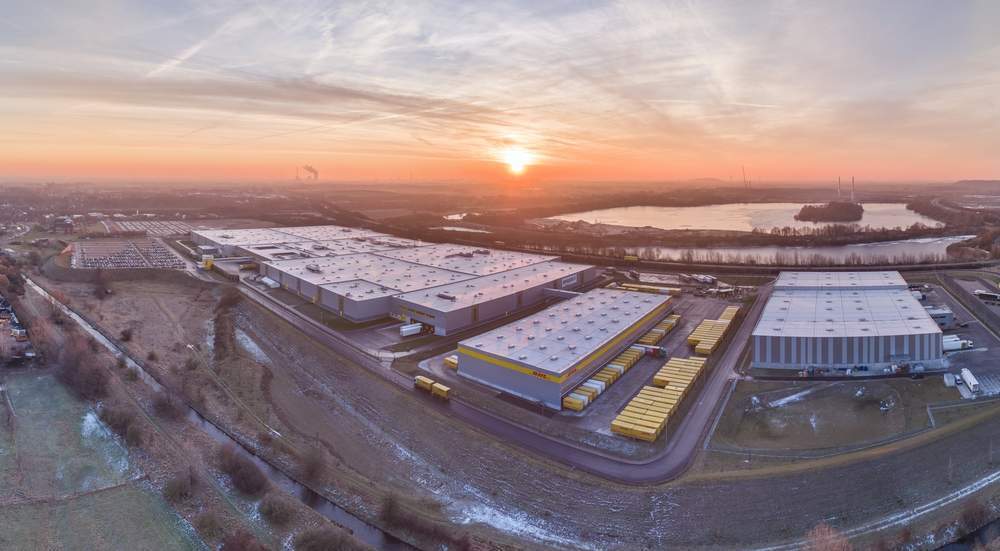
The Internet of Things (IoT) offers businesses the opportunity to make savings, but that doesn’t necessarily mean it improves the lives of workers.
Last week Amazon filed a patent for an IoT wristband directing worker’s hands.
While Amazon’s Alexa voice assistant has been a standout consumer product, most of the tech Amazon makes goes into improving online retail.
So whilst its patent filing for seems dystopian, unless you’re working in one of Bezos’ warehouses, this patent is unlikely to come to a workplace near you.
Instead this will be used to further squeeze inefficiencies from Amazon’s already tight operations.
Amazon doesn’t have the best reputation for digitising nay dehumanising its workforce. But the company isn’t alone.
How well do you really know your competitors?
Access the most comprehensive Company Profiles on the market, powered by GlobalData. Save hours of research. Gain competitive edge.

Thank you!
Your download email will arrive shortly
Not ready to buy yet? Download a free sample
We are confident about the unique quality of our Company Profiles. However, we want you to make the most beneficial decision for your business, so we offer a free sample that you can download by submitting the below form
By GlobalDataRight now two percent of businesses are using people tracking in their own workflows, according to a recent GlobalData survey.
The appeal is clear: 70 percent of those companies expect IoT to improve the efficiency and any knowledge of waste is useful.
People tracking isn’t just limited to wearables, which are no means as sophisticated as what’s being proposed by Amazon.
For example, GlobalData research has identified 15 companies using the OccupEye solution.
Monitoring how long staff spend at desks, these sensors are in place at the headquarters of UK banks, councils, hospitals, newspapers and universities.
The technology for all of the customers is being used to identify whether physical space saving is possible.
For example, could staff share desk space or work from home? But the technologies very purpose does put staff on edge, particularly when some users don’t inform their employees first.
Addressing these concerns is essential for IoT projects monitoring staff in the workplace to be successful.
Whilst the GlobalData survey reveals the desire for IoT to deliver savings it also reveals that security concerns are the biggest challenges for all IoT projects.
Of those surveyed, nine out of 10 respondents identified addressing or resolving security and privacy concerns as a significant barrier to projects.
As companies IoT programmes step up from more simplistic albeit valuable use cases and start to measure humans rather than machinery, surveillance is the next barrier for this technology.
Its success will be dependent on working with people, to create a truly universally helpful Internet of Humans.




Related Company Profiles
Amazon.com Inc